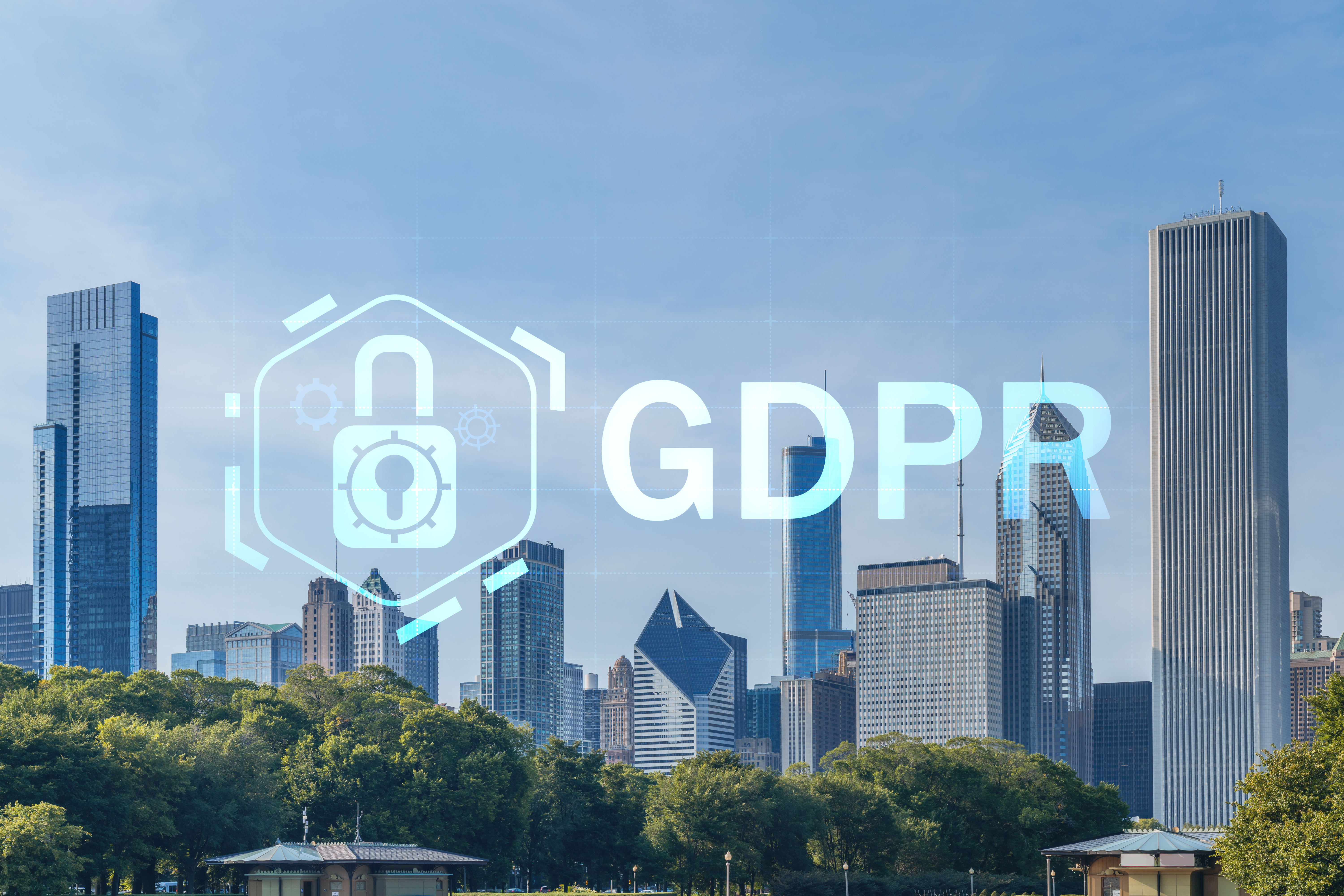
GDPR (General Data Protection Regulation)
The GDPR is a landmark privacy law from the European Union that sets a high standard for data protection. It regulates how companies can process the personal data of individuals located in the EU, regardless of where the company itself is based.
- Lawful Basis: Organizations must have a valid legal reason to process personal data, such as user consent or a contractual necessity.
- Individual Rights: Grants individuals strong rights, including the right to access their data, correct inaccuracies, and request data deletion (the "right to be forgotten").
- Accountability & Transparency: Requires clear communication about data processing and mandates that organizations are accountable for protecting the data they handle.




